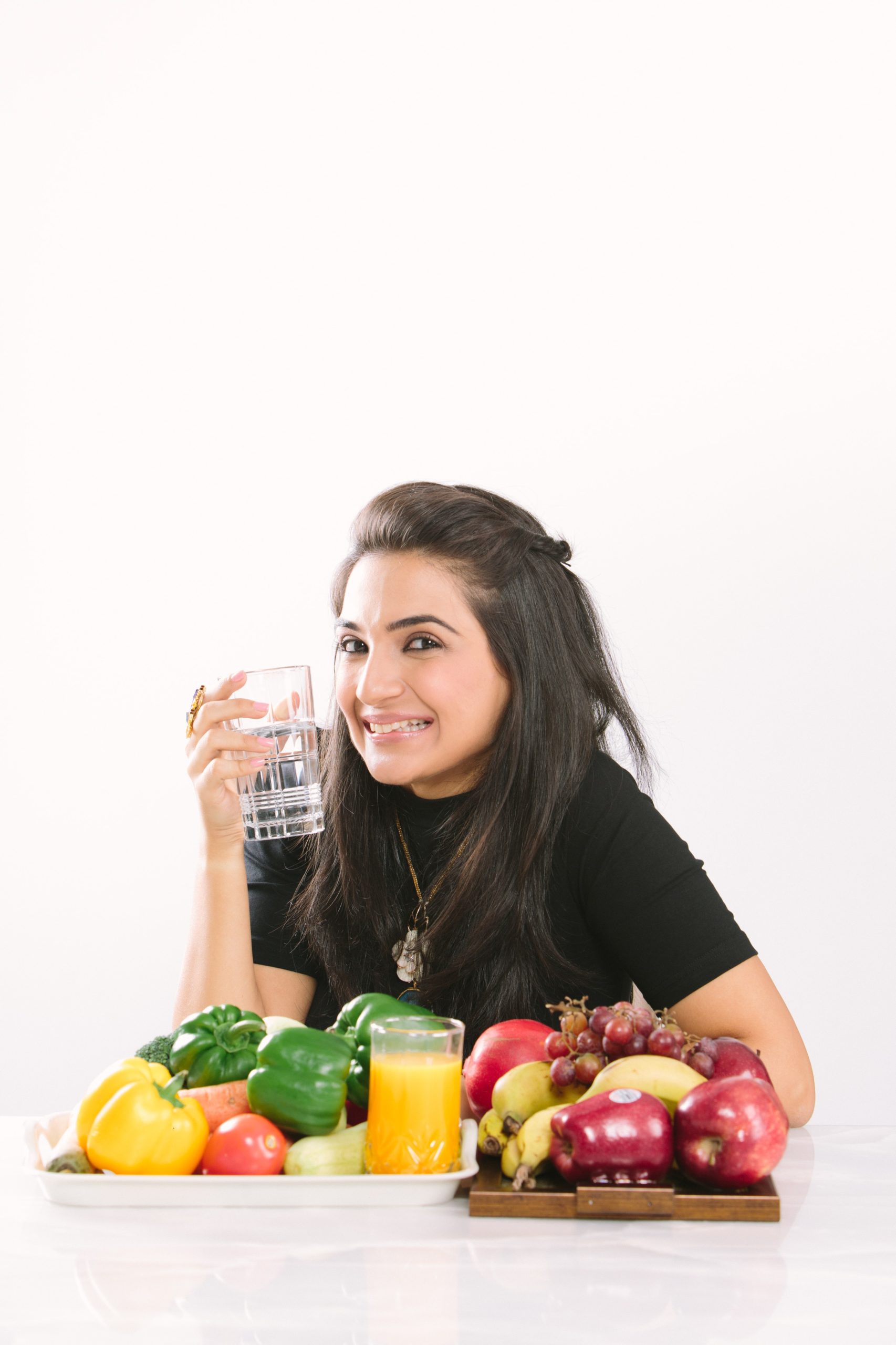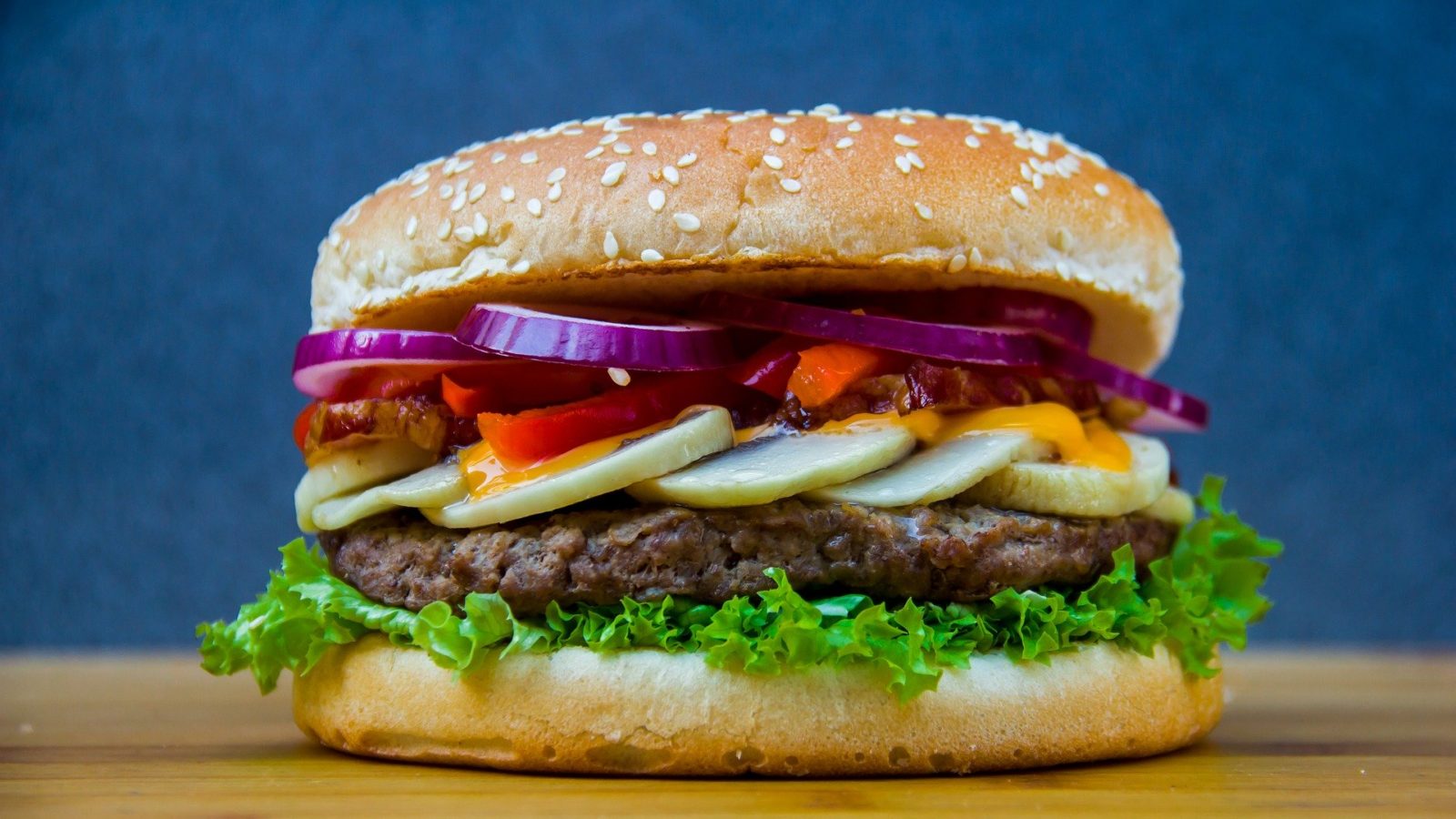Veganism is not a sacrifice. Animals are not products and life doesn’t have a price. A vegan lifestyle is becoming more and more common as people from all walks of life discover its environmental, health and ethical benefits.
Within the vegan food industry, the past year has witnessed a raging new trend: vegan meat. Quite often there is an assumption that vegan food is automatically better since it does not contain animal ingredients. However, this statement might not stand true in the case of all vegan mock meat products.
What is vegan meat?
Vegan meat is called by various other names– faux, fake, mock or plant meat, or meat analogues. These products are of plant origin, but mimic the texture, flavour and/or appearance of animal meat.
Most supermarkets offer vegetarian food options, but the audience for those is limited to vegetarians. Vegan meat makers, however, target meat-eating customers and people transitioning from a non-vegetarian to a vegetarian diet, and aim to replace some of those customers’ meat purchases. People like the taste of meat, so instead of trying to convince them to eat oats and spinach, why not try to ‘make’ meat for them in a better way?
Now let’s sort the hype from the reality.
The ‘pros’ of vegan meat
- Replacing red meat and processed meat with portions of vegan meat can help you reduce the risk of cancers linked to them and aid a smooth transition in your lifestyle.
- Animals are usually injected with growth hormones, antibiotics and enzymes which are definitely not the best for humans. With vegan meat, this concern is completely washed off.
- Conventional meat is often undercooked. As a result, the bacteria hoarding on it get access to the human gut and can create havoc inside. Plant-based meat overcomes this worry.
- Vegan meat inherently is free from cholesterol and is low in saturated fat (though sometimes a lot of fat is added while processing it) which makes it a better bet than animal meat for people with liver, heart and gut issues.
The ‘cons’ of vegan meat
- The salt quotient in plant-based meats has sparked many questions. A report from the George Institute for Global Health highlighted undesirable amounts of salt in plant-based meats—well above the recommended allowance! The added salt is used to preserve the product, increase shelf life and improve the taste. However, the sodium content of any product also varies from brand to brand.
- When meat and its plant-based counterparts are compared, there are some chains that offer the same caloric and fat percentage. If the plant-based variant is not satiating enough as a real burger, the consumer will leave dissatisfied and hence there’s only so much food technologists can do to make it healthier.
- Mock meats may contain common food allergens like wheat, soy, nuts, etc. So if you are allergic to them, please read the labels carefully.
- Traditional mock meats were made from tofu, mushrooms, jackfruits, and other ordinary ingredients, while contemporary meats are manufactured with potentially unhealthy additives like preservatives, stabilisers, emulsifiers, flavour enhancers and synthetic food colours to improve their shelf life, taste and texture. These ingredients can be super gut-damaging.
The Verdict
So is vegan meat healthier than actual meat? Eating plants is healthy in general, which invariably makes vegan meat healthy. But that does not automatically make it a ‘health food’. Plant-based food means the ingredients are from a plant source and do not equate eating a bowl of salad. Processed products are still fast foods, be they vegan or non-vegan. Processed plant-based meat isn’t the healthiest item out there, but if you need something that looks and tastes like meat to help you with your dietary transition, or to do your bit for your health, the environment or animal welfare, then go for it.


